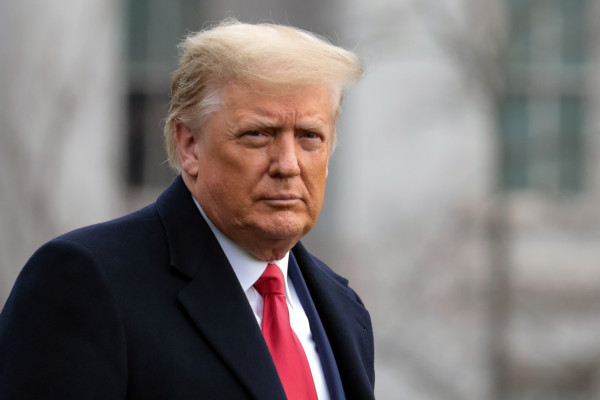RNC Faces Tough Choice on Funding Trump's Legal Defense Amid Election Prep

The Republican National Committee (RNC) is facing a pivotal decision on whether to allocate funds to support former President Donald Trump's substantial legal expenses, amid an increasing chorus of committee members advocating for such action. The debate comes as the RNC is grappling with its own financial limitations and the need to support a broad slate of Republican candidates in the 2024 elections.
Solomon Yue, an RNC committeeman from Oregon, expressed that a majority of committee members favor the RNC assisting with Trump's legal costs, stemming from multiple criminal and civil cases.
This sentiment led to the failure of a resolution proposed by RNC committee member Henry Barbour, which sought to prevent the RNC from covering Trump's legal fees once he becomes the presumptive GOP presidential nominee. Despite Barbour's efforts, the resolution was declared "dead," reflecting the strong support for Trump within the committee.
As the RNC convenes in Houston to elect a new chair following Ronna McDaniel's resignation, the question of funding Trump's legal battles looms large. Trump's legal challenges include more than 90 criminal counts related to efforts to overturn the 2020 election results, mishandling classified documents, and other matters, alongside three civil case judgments ordering him to pay nearly $550 million in damages.
Despite the RNC's modest financial reserves, with only $8.7 million on hand as of February, members like Yue argue that Trump's fundraising prowess justifies the committee's financial support for his legal defense.
Yue and other committee members, including Roger Villere of Louisiana and Paul Reynolds of Alabama, believe that Trump's ability to raise funds for the RNC warrants the use of those resources to offset his legal costs, viewing it as integral to defeating President Joe Biden in the upcoming election.
The internal debate within the RNC underscores the challenges of balancing support for Trump, a figure with significant influence over the party's base, with the broader electoral strategy and financial health of the Republican Party. As the RNC prepares for the 2024 election cycle, the decision on whether to finance Trump's legal battles could have far-reaching implications for the party's ability to compete effectively across the political landscape.














